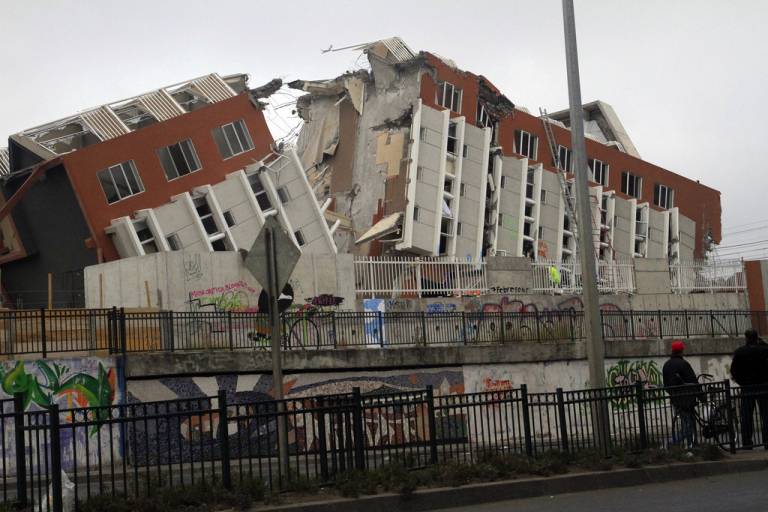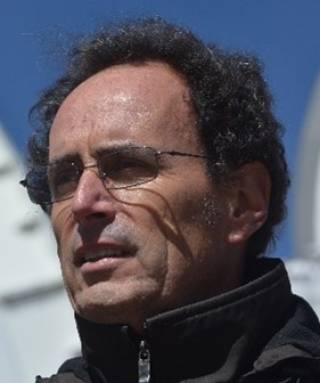Natural Disaster Resilience state after Maule Earthquake in Chile (Mw 8.8)
08 June 2022, 2:00 pm–3:00 pm

The seminar reflects on the trajectory followed by Chile after the turning point of the February 2010, Maule earthquake, and the transformations that have taken place in the country to make this declaration of a natural laboratory for natural disaster resilience a reality. The seminar will be Online via Zoom + in person at UCL Chadwick B05, followed by an hour of discussion.
This event is free.
Event Information
Open to
- All
Cost
- Free
Organiser
-
Arash Nassirpour – UCL EPICentre / Department of Civil, Environmental & Geomatic Engineering
Location
-
Online via Zoom & in-person UCL Chadwick B05Chadwick Building, B05Gower StreetLondonWC1E 6BTUnited Kingdom

Chile is a rather unique location to advance scientific, technological and social knowledge in the field of natural hazards and disasters. The annual economic impact in the country including the physical, economic, environmental, and social effects amounts to over 3 billion US dollars per year, about 1.2% of Chile’s national GDP. Although it may seem contradictory, the aim is to convert this natural fate into a sustainable innovative advantage for the country’s development.
With this goal in mind, this presentation provides a reflection about the trajectory followed by the country after the turning point of the February 27, 2010, Maule earthquake in Chile, and the transformations that have taken place in the country to make this declaration of a natural laboratory for natural disaster resilience a reality. It addresses the decision of the government to promote different scientific, technological, and innovation initiatives oriented by this national challenge, and activating concrete measures to reduce the economic and social impact of disasters using R&D.
In particular, it delves into the elaboration and deployment of the national strategy (CREDEN) to generate opportunities for knowledge creation and societal value, catapulted by the singularities of this national laboratory. Finally, we will briefly reflect on some of the challenges and research opportunities that the new public technological institute, Itrend, can offer to international partners such as UCL to achieve greater natural disaster resilience globally.
The seminar will be Online via Zoom + in person at UCL Chadwick B05.
Click Here to Join the Seminar via Zoom
No Registration & Booking Required.
Simply click on the Zoom link above to join the seminar on the indicated date and time.
Please note that the session may be recorded and retained as per UCL’s retention schedule.
Photo Source: 2010 Chile earthquake - Building destroyed in Concepcion , by Claudio Nunez
About the Speaker
Prof Juan Carlos de la Llera
Dean of the Faculty of Engineering at Pontificia Universidad Catolica de Chile

 Close
Close

